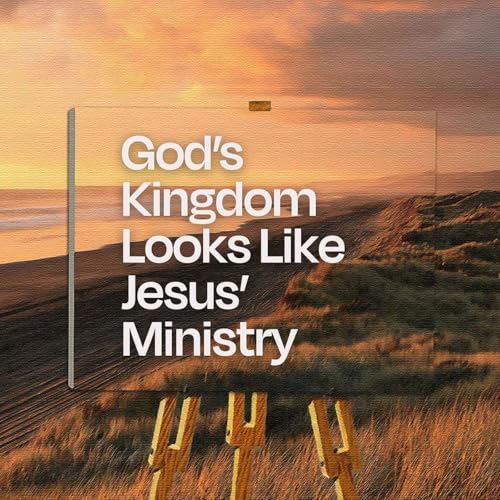Send us a text
Holiday season or pressure cooker? Between the nonstop events, gift budgets, and Hallmark-level expectations, December can intensify everything—joy and grief, laughter and loneliness, unity and old wounds. We get candid about why family dynamics spike this time of year and map out a practical way to move through it with grace and truth.
We start by naming the hidden currents: idealized scripts that make real life feel lacking, grief that returns on anniversaries, and the logistics of blended schedules that stress even strong relationships. Then we dig into family systems—the unwritten rules, predictable roles, and the “togetherness force” that pressures us to go along to get along. When beliefs diverge, a comment about politics or health can secretly ask, “Are you still one of us?” Instead of cutting off or complying, we offer a better path: emotional maturity as being defined and connected at the same time.
You’ll hear clear, usable tools: how to set boundaries that serve relationship (not as excuses to disappear), how to listen deeply when your blood pressure spikes, and how to shift from fixing others to researching your own reactions. We look to Jesus as our model for calm clarity under pressure—from the temple at twelve to his composed presence before Pilate—showing that differentiation doesn’t require defensiveness.
Walk away with a simple holiday plan: decide your values in advance, notice your body’s triggers, choose healthier modes of communication, and prepare one-to-one questions to build real connection with each person. Assume everyone else will be who they’ve always been; focus on the one variable you can control—how you show up. If you can grow your maturity even a notch, you’ll feel it not only around the table but in your marriage, parenting, friendships, and work.
If this conversation helps, share it with a friend, subscribe for future episodes, and leave a quick review so more people can find the show. What’s one boundary you’ll set to protect connection this year?
Links
Navigating Grief During the Holidays - Praxis Episode
How to Slow Down When Life Speeds Up - Blog Post
 2026/02/161 時間 4 分
2026/02/161 時間 4 分 2026/01/261 時間 34 分
2026/01/261 時間 34 分 2026/01/051 時間 12 分
2026/01/051 時間 12 分 2025/12/151 時間 35 分
2025/12/151 時間 35 分 2025/11/241 時間 35 分
2025/11/241 時間 35 分 2025/11/101 時間 8 分
2025/11/101 時間 8 分 2025/10/271 時間 7 分
2025/10/271 時間 7 分 2025/09/221 時間 26 分
2025/09/221 時間 26 分
